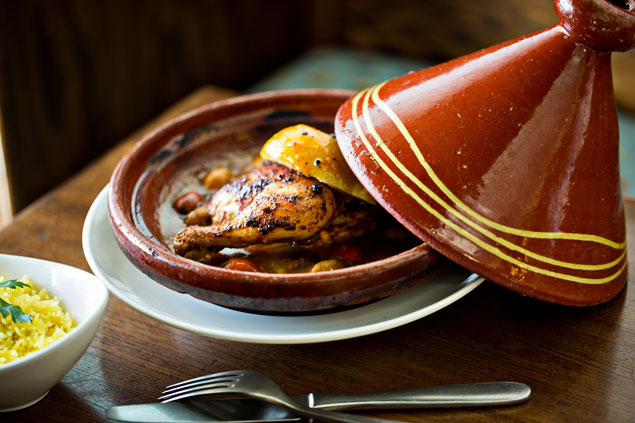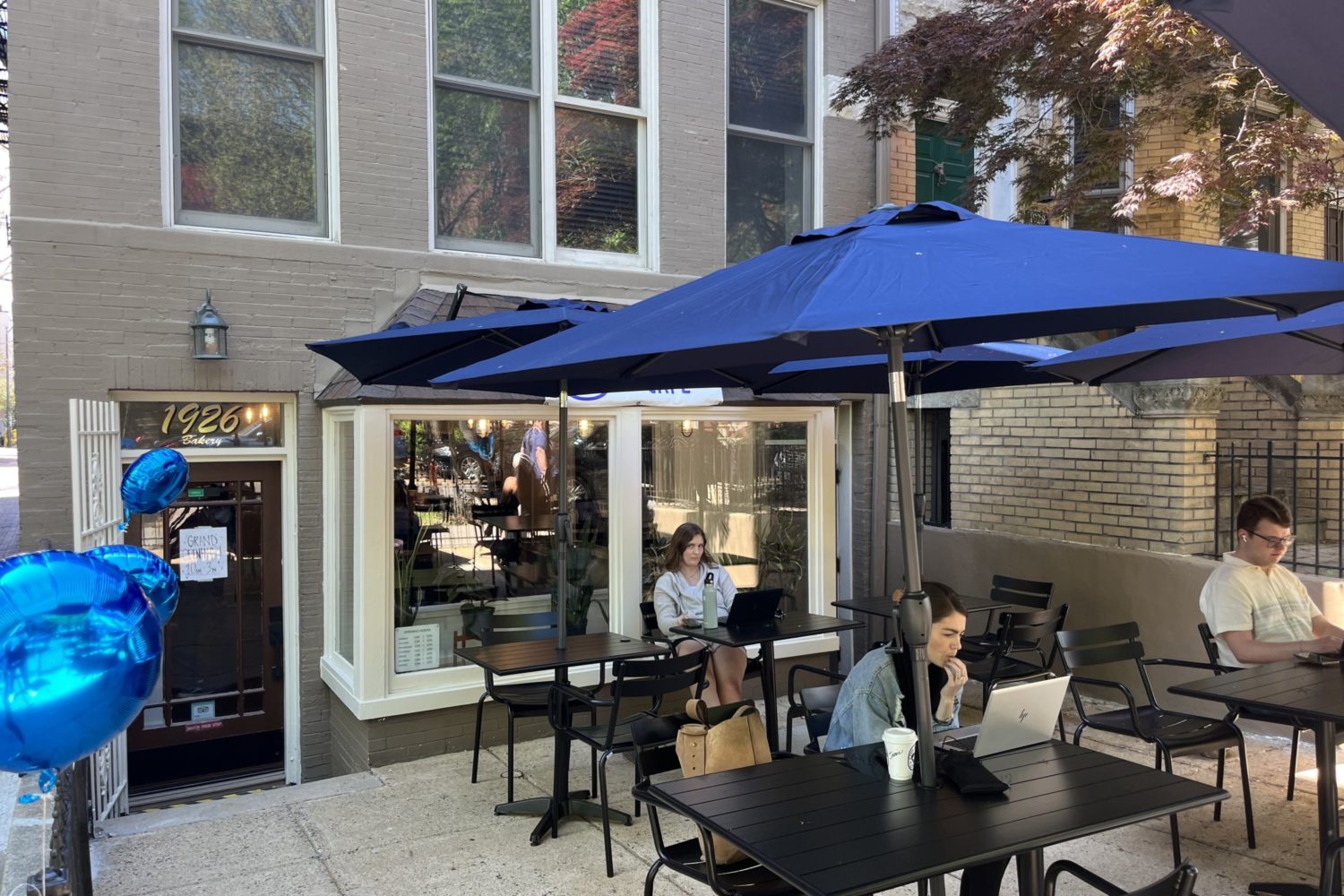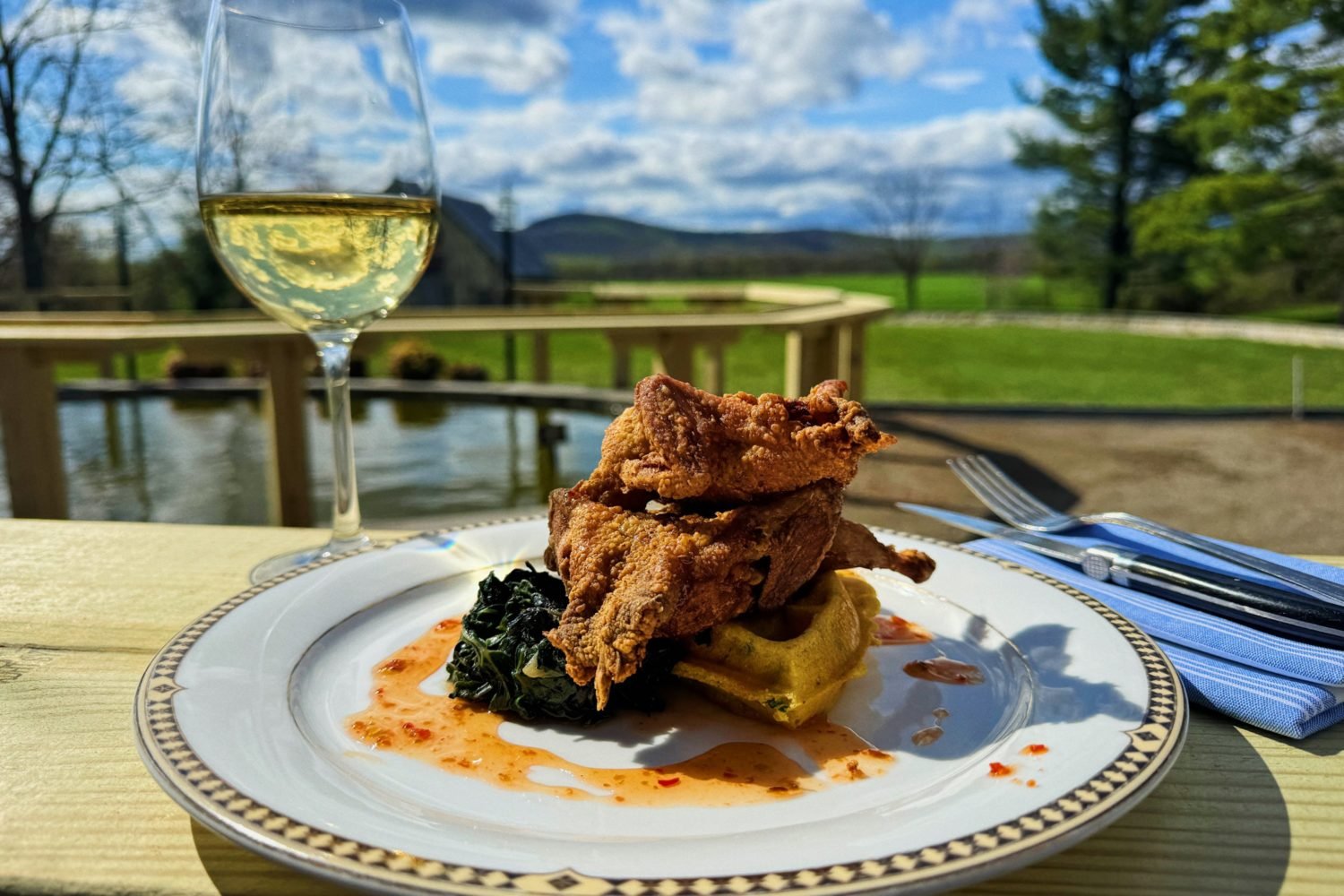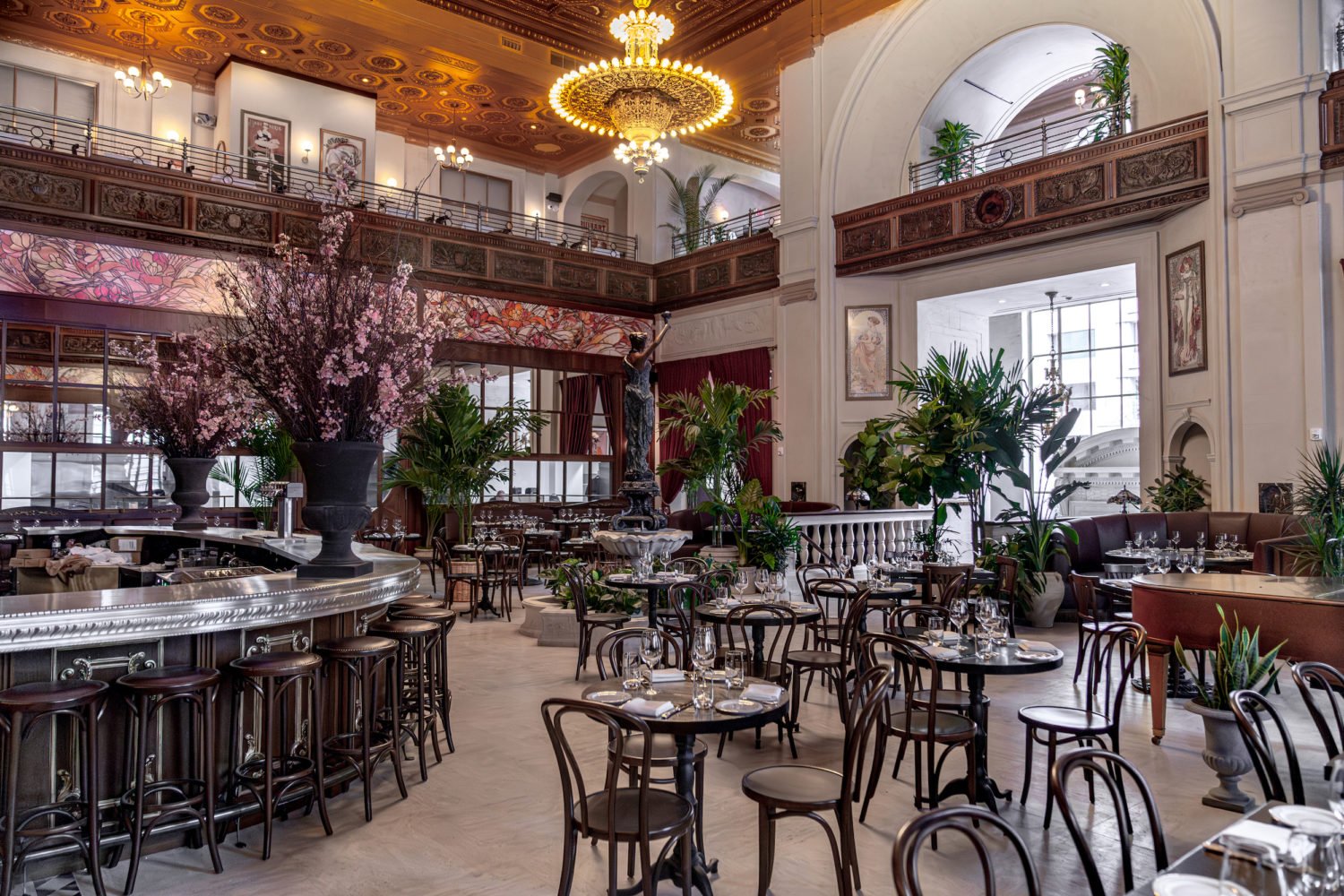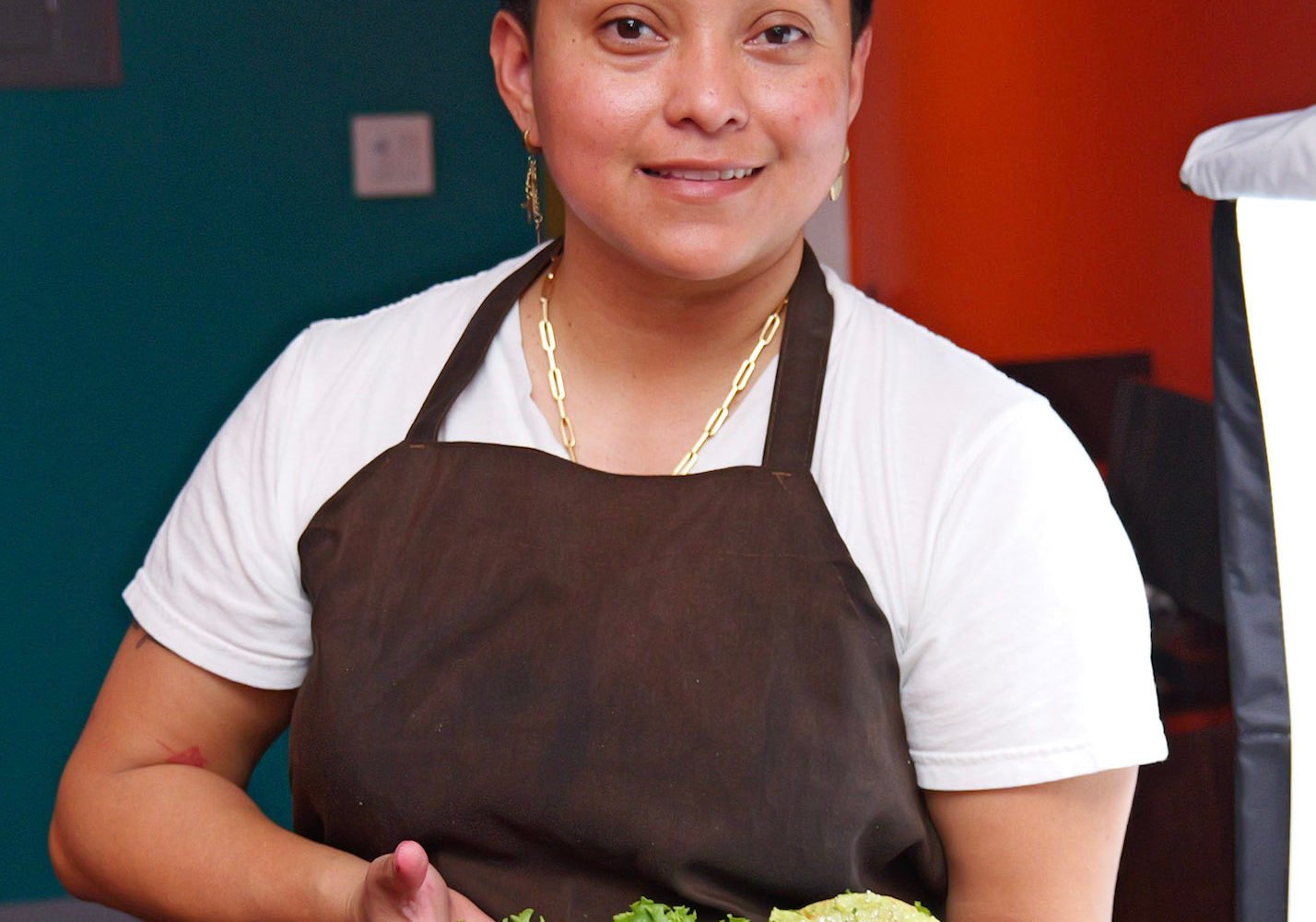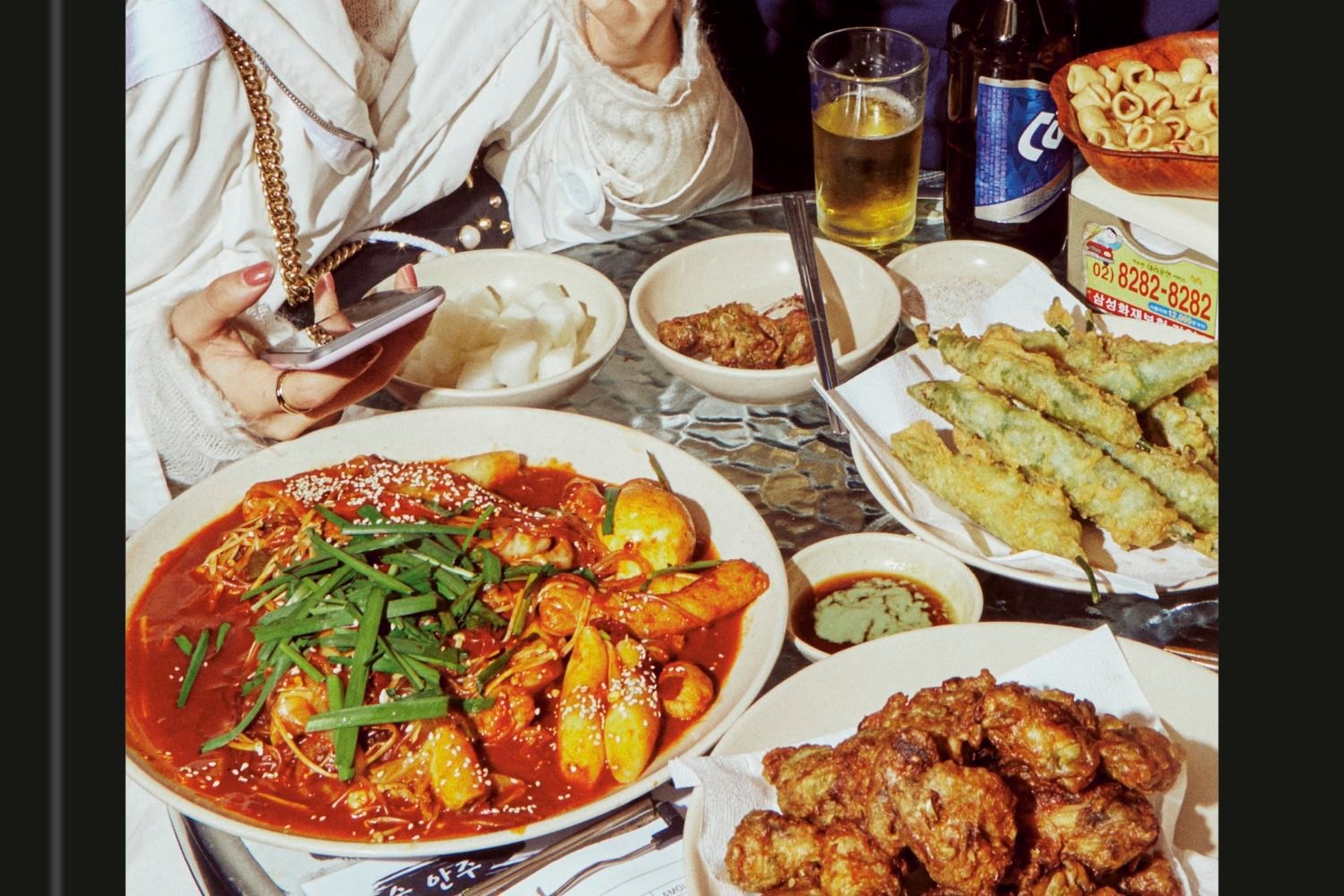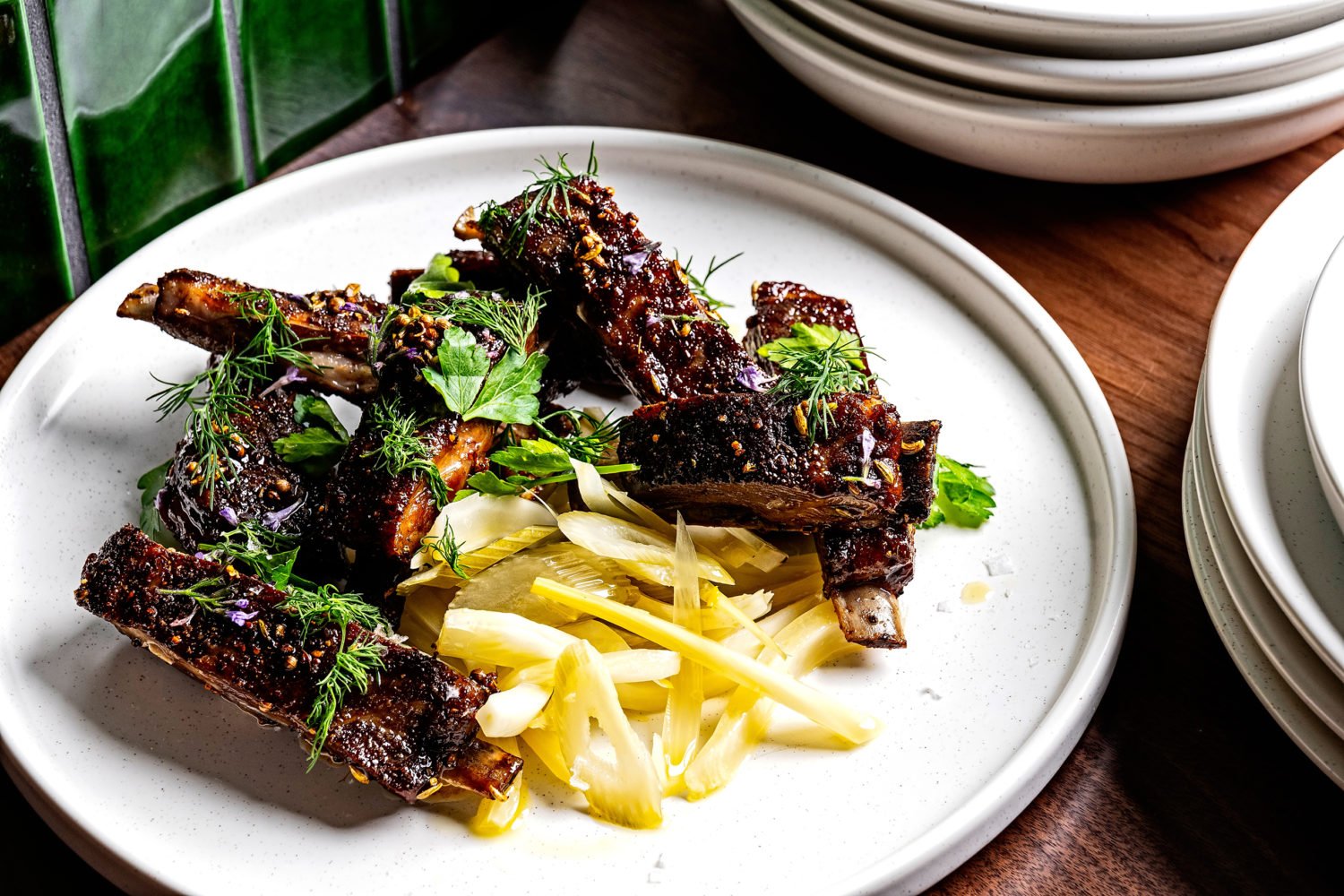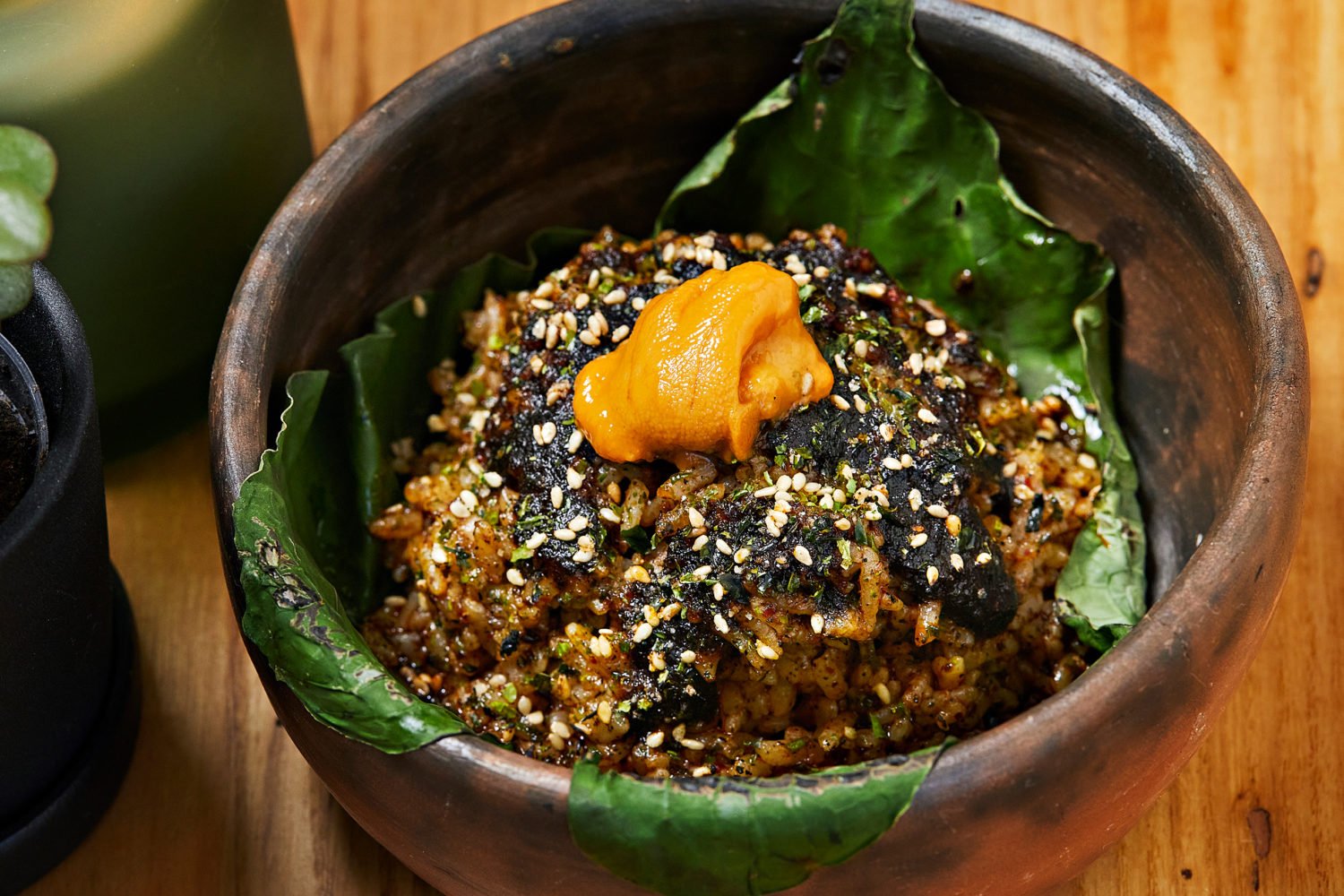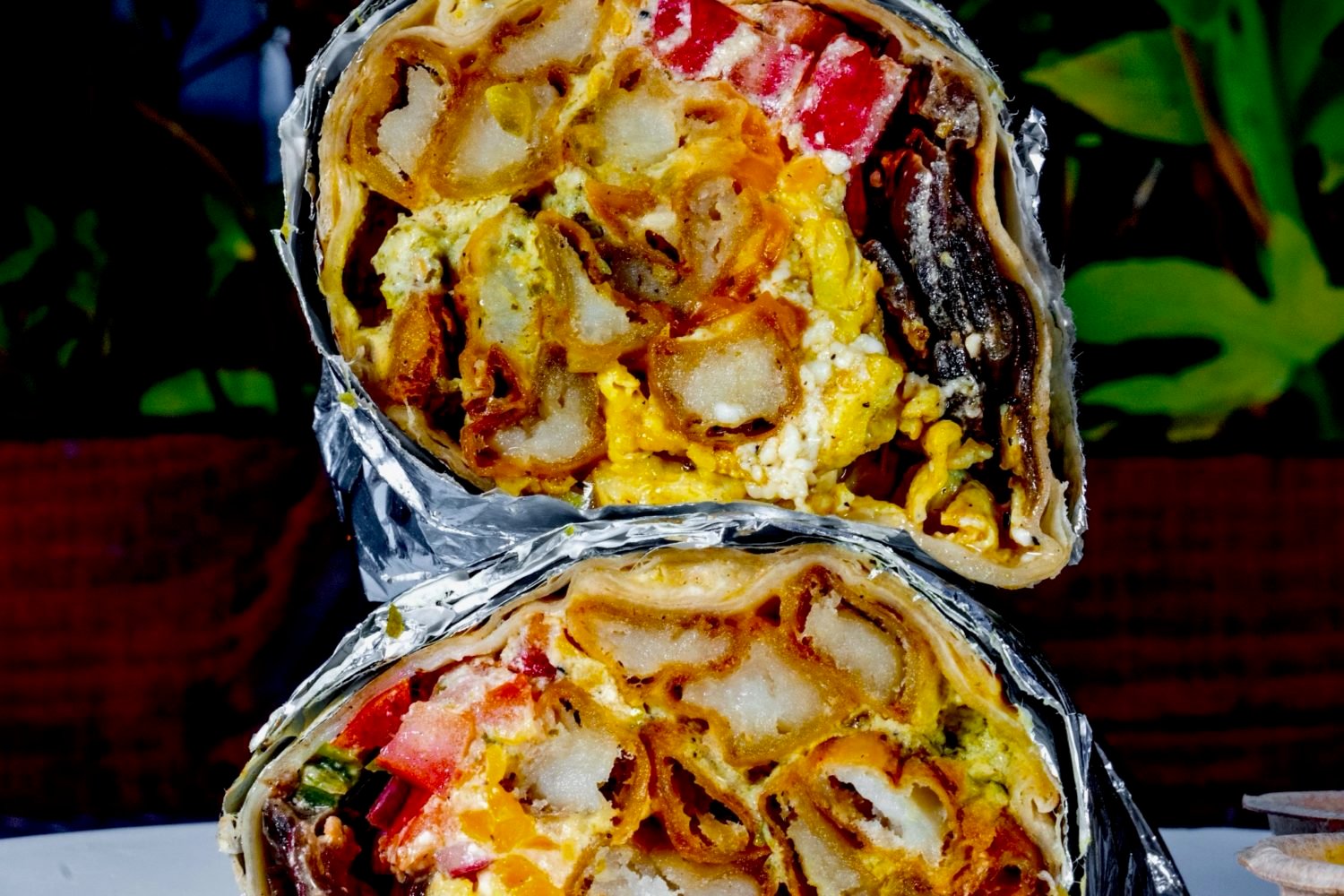About Zeïtoon
Slideshow: Inside Zeïtoon
Zeïtoon opened a little more than a year ago as a Mediterranean
grill and pizza parlor—to the consternation of owner Amine Fettar’s
mother. In the months prior, she had beseeched her son to include the
dishes of his native Morocco. Fettar resisted, believing his lineup of
sandwiches and flatbreads to be what his audience wanted. Soon, that
audience began to echo his mother.
“They find out I’m Moroccan, so they’re asking, ‘Why don’t you
have Moroccan food? Can you do couscous?’ ” Fettar says. “After the third
month, I thought: This is serious.”
By the sixth month, he listened to his mother, Khadija
Fettar—and recruited her to supply recipes for her most cherished
dishes.
Amine Fettar is no stranger to his mother’s repertoire. He has
been cooking these dishes since he was a boy—the dutiful eldest willing to
play the part, he says, of “both daughter and son” until an actual girl
came along.
Start with an order of zaalook (a robust paste of
roasted eggplant, tomatoes, and garlic), a dish of hummus, and a bowl of
harira (a lentil soup that gets its distinctive flavor from
cinnamon and ginger). Then it’s time to settle in with a tagine
($13.95 each). Many meats cooked in a tagine end up dry,
which is confounding when you consider that the clay vessel that shares
the dish’s name is meant to retain moisture throughout cooking. Fettar’s
preparations actually do, and they’re helped by excellent sauces. Lamb is
accented with prunes, almonds, and saffron. Cornish hen is drenched in a
rich sauce that includes ginger,preserved lemon, and olives. Couscous ($2)
doesn’t come with the tagines, but it’s worth ordering. The
semolina grains, seasoned with aged butter scented with thyme, are as
fluffy as quick-serve couscous can be.
Khadija Fettar makes the bistilla ($15) by folding
puff pastry around a paste of chicken, almonds, and cinnamon, baking it,
then dusting it with powdered sugar and cinnamon. She also produces the
baklava ($2.95), which is less dense than Greek and Turkish versions. It
makes a fine foil for a pot of mint tea, poured from on high to allow for
aeration.
Amine Fettar explains that his mother’s presence at the
restaurant extends beyond her dishes and her policing of food preparation.
Whenever a customer enthuses over a Moroccan staple, she’s never far from
his ear.
“I told you, I told you,” she says.
Time and experience have taught Fettar the only proper reply:
“Yes, Mom.”
This article appears in the April 2013 issue of The Washingtonian.

